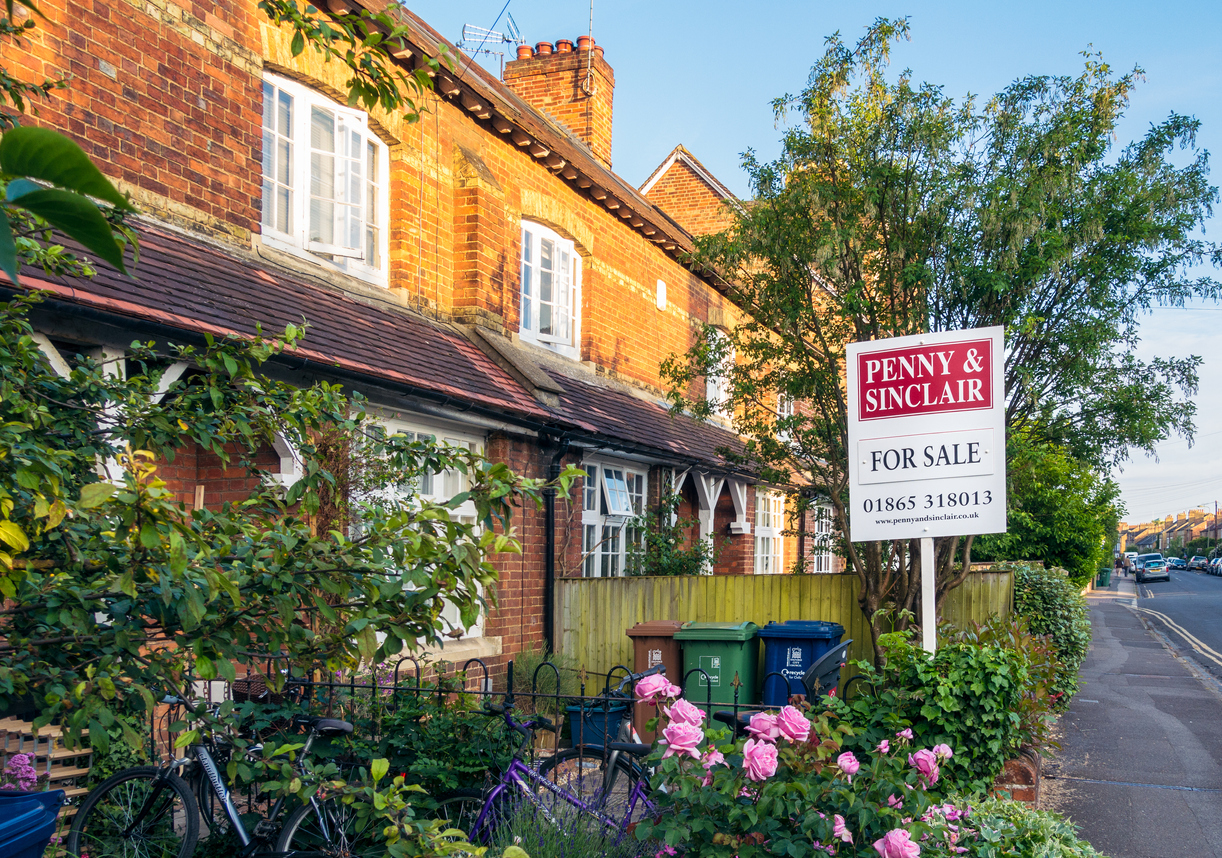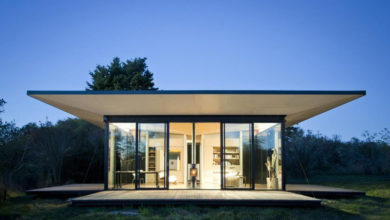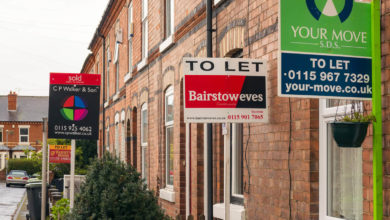Property InvestmentProperty News
Why House Prices Continue to Rise and What’s Going to Happen Next

The average cost of a new property rose 1.1 per cent to £254,606 in March, the highest price since Halifax started its house price index in January 1983. This figure also represents a whopping 6.5 per cent annual increase. So why are house prices rising so much and what do experts predict will happen next? We take a look…
Record high prices
Last month’s (March) first significant monthly rise in house prices since November means it’s now £15,430 more expensive to buy a new property than it was this time last year. Separate data from HM Revenue & Customs has also revealed that property transactions in February rose 23 per cent to 147,050, the highest monthly level seen since March 2007!
Furthermore, results from the latest (March 2021) RICS Residential Market Survey show sales market activity picking up sharply over the month, with indicators on buyer enquiries, sales and new instructions all up on February’s figures. On a national level, a net balance of +42 per cent of survey respondents said new buyer enquiries had increased, up from 0 per cent in February. +22 per cent of respondents also stated that new instructions had increased compared to -28 per cent previously, with agreed sales rising sharply according to +50 per cent of respondents (up from +7 per cent).
Experts reveal why house prices are increasing so much
Experts are now predicting growth will continue, at least until the end of the summer and probably for the next 12 months. Here’s why…
1. Property Sector Government Stimuli
The main reason for the price rises is the introduction of a range of measures by the government that has made it easier to buy a new home.
These include:
The extension of the stamp duty holiday
The stamp duty holiday was first introduced in July 2020 by Chancellor Rishi Sunak to give the housing market a boost following its shutdown during the first nationwide coronavirus lockdown in March.
The £500,000 nil rate band, which has helped hundreds of thousands of people buy a home far more cheaply than before and supported the property market at a critical time, was extended until 30 June. Then in July, to avoid another worrying cliff edge and smooth the transition back to normal SDLT rates, the nil rate band will taper off, dropping to £250,000 until the end of September then return to its usual level of £125,000 from 1 October 2021.
RICS Survey participants highlight the extension of the Stamp Duty holiday as a significant driving force behind this renewed momentum, while a gradual loosening in lockdown restrictions is also said to be contributing to the rise in activity.
The introduction of a government-backed 95% mortgage scheme
The introduction of the new mortgage guarantee scheme enables UK homebuyers (residential home-movers as well as first-time buyers but not second home or buy-to-let purchases) to secure a mortgage up to £600,000 with a 5 per cent deposit.
This temporary measure, introduced by Chancellor of the Exchequer Rishi Sunak to address the current scarcity of high loan-to-value lending due to the pandemic, will be open for new mortgage applications between April 2021 and December 2022.
2. Furlough scheme
Support for those at risk of losing their jobs, such as the extension of the furlough scheme, and also the better-than-expected growth of the economy due to the successful coronavirus vaccine rollout have also contributed to increased buyer confidence and rising house prices.
Global #GDP will grow by 5.6% this year, an upward revision of more than 1 percentage point since our last projection in Dec 2020.
GDP growth by country ⬇️
🆕 OECD Interim #EconomicOutlook: https://t.co/CaYycpMSjv pic.twitter.com/pcwjUUmK01— OECD ➡️ Better policies for better lives (@OECD) March 9, 2021
3. New Homeowner Preferences
In the past year, millions of workers have spent the majority of their time working from home and this has been another reason for the rise in house prices. People are currently still being encouraged to work from home; this has led to many homebuyers’ preferences changing, looking for larger homes out of city centres with more outdoor space and room for a home office.
4. Increased Savings
The Bank of England estimates that around £100bn has been saved by the British public during lockdown meaning more people will have money in their pockets to invest fuelling the housing market further.
What is likely to happen next?
Demand for new houses is the reason for prices rising. Halifax says this trend is likely to continue for the next few months.
Halifax managing director Russell Galley said: “Overall we expect elevated levels of activity to be maintained in the coming months, with consumer confidence spurred on by the successful vaccine rollout, and buyer demand still fuelled by a desire for larger properties and more outdoor space, as work-life priorities have shifted during the pandemic.
“A shortage of homes for sale will also support prices in the short term, as lower availability always favours sellers.”
The RICS also agrees with this market assessment, saying “Given the recent excess of demand oversupply, prices are expected to continue on a firmly upward trajectory over the coming three months. Twelve-month price expectations are now pointing to significant growth across all parts of the UK, led by particularly elevated readings in Wales, Scotland, and Northern Ireland.”
What’s Happening with Lettings?
According to RICS survey data, tenant demand appears to be building. For the coming twelve months, survey respondents are projecting rental growth to come in a little under 3 per cent at the national level, while London is the only region where rents are not expected to rise over the year to come, with projections sitting in flat to marginally negative territory across the capital.











